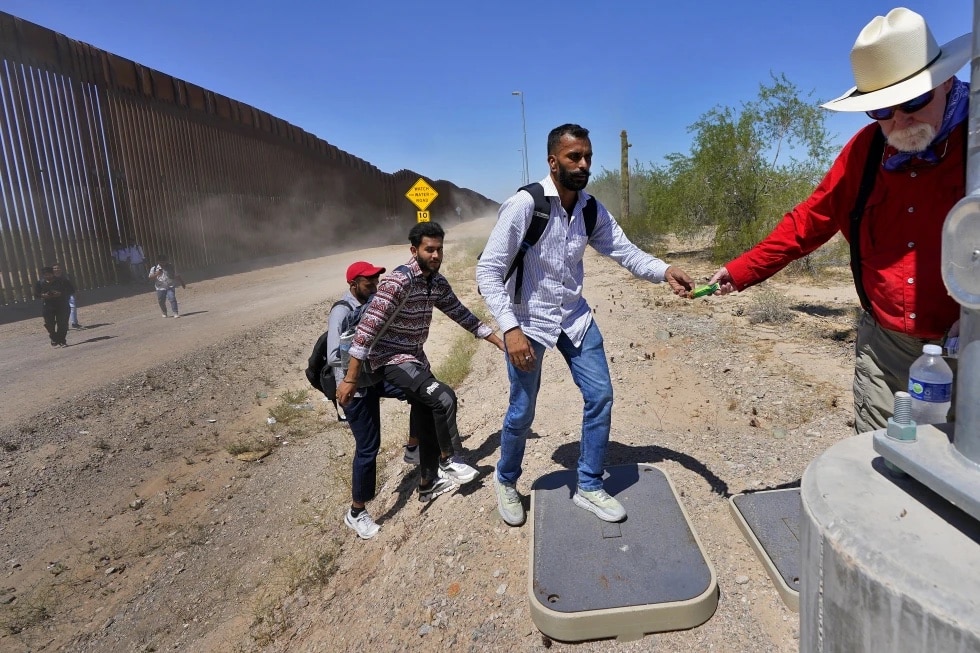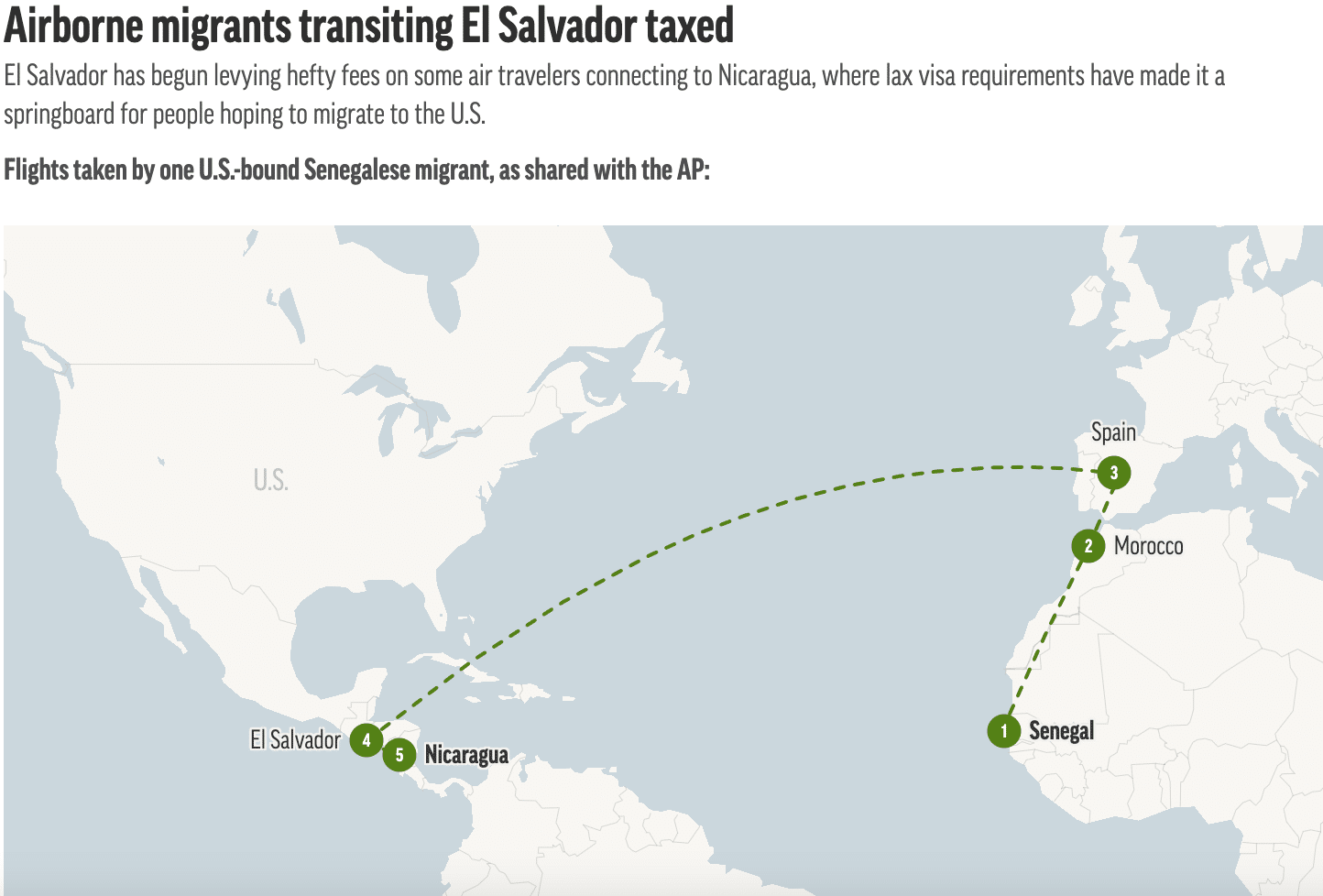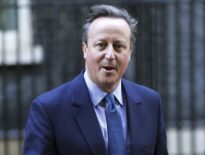El Salvador’s government has begun slapping a $1,130 fee on travelers from dozens of countries connecting through the nation’s main airport, amid U.S. pressure to help control migration flows to its southern border.

Since the end of October, citizens of 57 largely African countries and India have had to pay the fee, according to El Salvador’s aviation authority.
Aviation officials did not say whether the measure was aimed at reducing migration and have described the tariff as an “airport improvement fee,” but El Salvador’s government acknowledged an uptick in travelers from those countries this year. Also, the U.S. has been pressuring Central American countries to curb migration flows to its border with Mexico. U.S. authorities say they stopped migrants there more than 2 million times during the fiscal year that ended Sept. 30.
El Salvador’s aviation authority said most passengers who have to pay the fee are headed to Nicaragua on the commercial airline Avianca. Because of its lax visa requirements, Nicaragua is a transit point for migrants from Haiti and Cuba, as well as from Africa, who are trying to reach the U.S.
Earlier this year, for example, U.S. officials were surprised by an increase in Mauritanian migrants arriving at the southern border. No natural disaster, coup or sudden economic collapse could explain it. Rather, travel agencies and social media influencers were promoting a multileg trip that took migrants from the west African nation to Nicaragua.
A flight itinerary of one Senegalese migrant seen by The Associated Press showed the migrant passing through Morocco, Spain and El Salvador before landing in Managua. The last two legs were aboard Avianca flights.
El Salvador’s aviation authority and immigration agency both said they did not have data on how many migrants from the listed countries had transited the country this year.

A U.S. embassy spokesperson declined to say whether the U.S. had requested the fee. But the ability to help the U.S. control migration could be a political boon for El Salvador President Nayib Bukele as he seeks reelection despite a constitutional prohibition and faces scrutiny for his human rights record.
During President Donald Trump’s administration, U.S. policy toward El Salvador prioritized reining in migration above all else and Bukele heard no public criticism from the U.S. as he began to consolidate power. Under President Joe Biden, the U.S. has been openly critical of Bukele’s record on democracy and human rights.
The U.S. State Department alleged that Bukele’s war against powerful street gangs has resulted in “torture and other cruel, inhumane or degrading treatment or punishment, and other related abuses” to tens of thousands of people detained. His government has also gone after journalists, activists and critics.
But migration now appears to be back at the top of the bilateral agenda for the two countries as Biden also seeks reelection.





